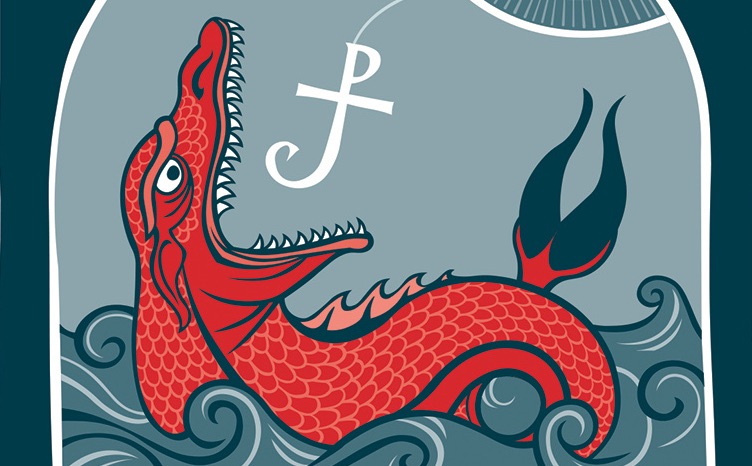Hell and Language about God
- Nikolas Greene
- Apr 9, 2024
- 3 min read
This will be a shorter article, but I believe this topic deserves a few comments. In response to the argument for universalism from parenthood, (i.e. What parent would allow their child to endlessly suffer if they could do something about it?) many infernalists will say that God’s love is only analogous to ours, and therefore drawing a parallel between what an earthly parent might want and what God wants is ultimately futile. I fully agree that our language about God is only analogous, but it’s analogous of a far greater love than that which we can conceive, to wax Anselmian. Therefore, if an earthly parent feels this way about their children, then God has the same disposition towards us, only to an infinitely higher degree. What is analogy, after all?
If the view of analogy used by the infernalist here is true, then analogous language not only ceases being analogous, but becomes void of any meaningful content whatsoever. Saying that God is Love, then becomes a statement devoid of logical and semantic content; it cannot be believed nor disbelieved because it is not saying anything at all, but is just a collection of words. Analogous language is meant to help us better understand a subject, not meant to expand its meaning to so many referents so as to make it utterly vacuous. Take, for example, another claim made by some Christians that God can choose to save and damn anyone for whatever reason He desires, and that, not only is this morally intelligible, but just. God can do whatever He chooses and it will be justified. The problem is that this then renders justice a meaningless term. Justice would refer to so many possible outcomes that its logical content would collapse.
Language, after all, is a distinction mechanism. As Wittgenstein famously said, “The limits of my language are the limits of my world.” If our language about a particular subject does not define anything, then nothing can be known about the subject in question. Sure, our language, since it is limited, can never fully grasp the incomprehensible God. However, we still can, and should, say certain things about Him. The New Testament is full of language about God; perhaps none more vital than the Johannine claim that God is love. If God’s love is so vastly different than ours, then Saint John’s claim becomes absolutely meaningless. Calvin would say that the Johannine claim does not mean that God is love eternally, but that He is love conditioned upon which creature is looking upon Him. To the elect, the claim stands, but to the damned, God cannot be said to be love, but actually hate. I respect Calvin for taking his beliefs to their logical conclusions, but this is obviously not the God of the New Testament or of Christian tradition.
Analogous language does have meaning, even when it comes to God. If not, then all of our prayers, scriptures, liturgical celebrations, works of art, and theological conversations become logically and semantically unintelligible. We would then not be saying or doing anything meaningful.
When related back to hell and the analogy between a parent’s love and God’s love, the universalist point still stands firm. If a parent would not allow their child to suffer endlessly, then we can make a strong argument that neither will God. One can disagree, but it then would compromise any meaningful language about God’s love; a consequence that no Christian desires.





Many Thomists concede, for all practical purposes, way too much to Calvin? You can discern those who do as they'll traffic in incoherent accounts of free will, impoverished accounts of moral epistemology & unintelligible accounts of God's moral character.
Your above defense of God's moral character & of our moral capacity dovetails quite well with your previous arguments regarding how the free will defense of hell fails.
While we're undeniably wounded & constitutively fallible, our parental instincts, moral intuitions, aesthetic sensibilities & common sense are not "void of any meaningful content" whatsoever!
Catholics acknowledge the wounding of our nature & our concupiscence but adamantly reject Calvin's total depravity account, i.e. that our human nature is completely corrupt.
The voices of…
Analogy is the’ golden thread’ (DBH) keeping ‘God is love’ from becoming ‘God is Will.’ Voluntarism dissolves in the Sophia of analogy. Good reminder!